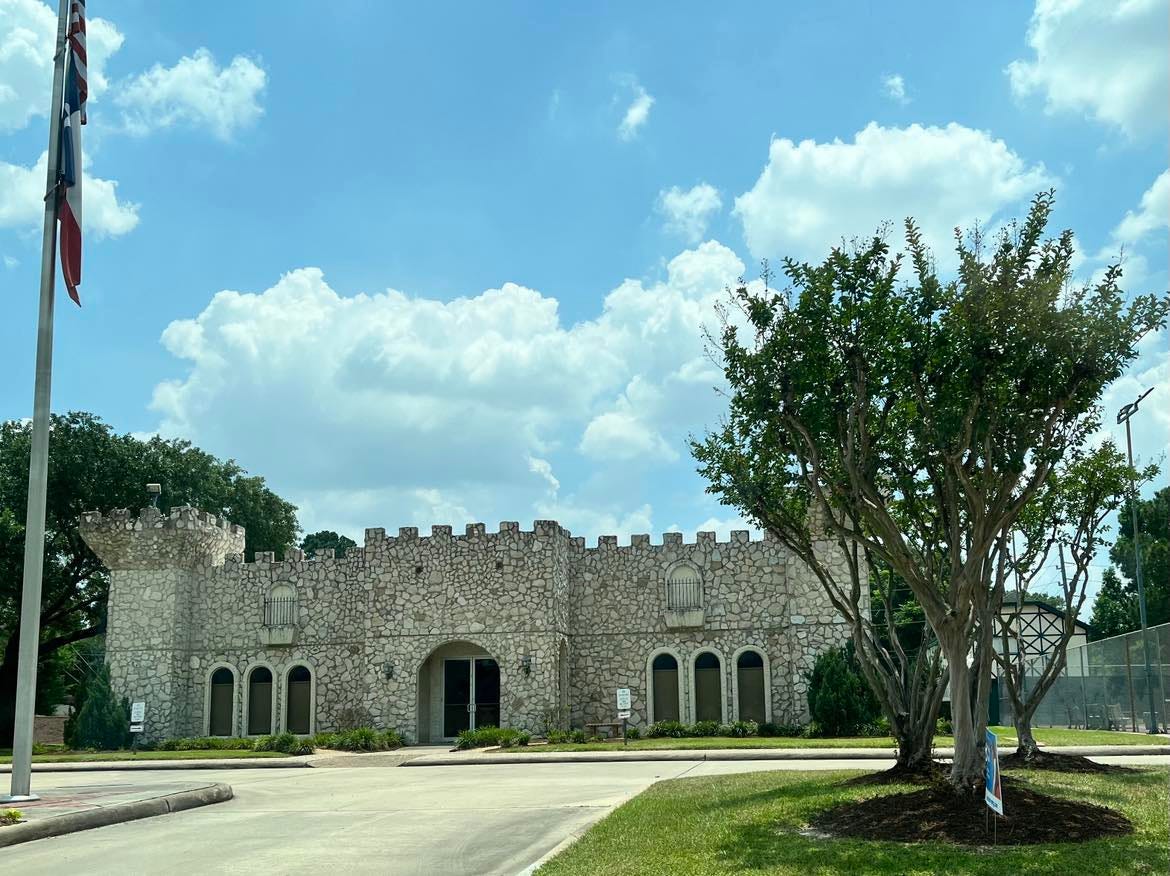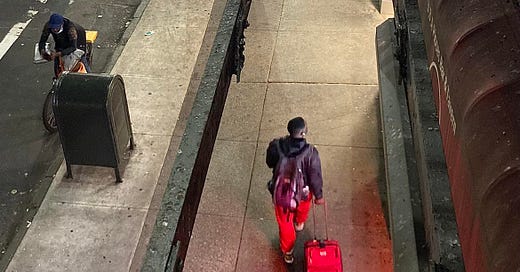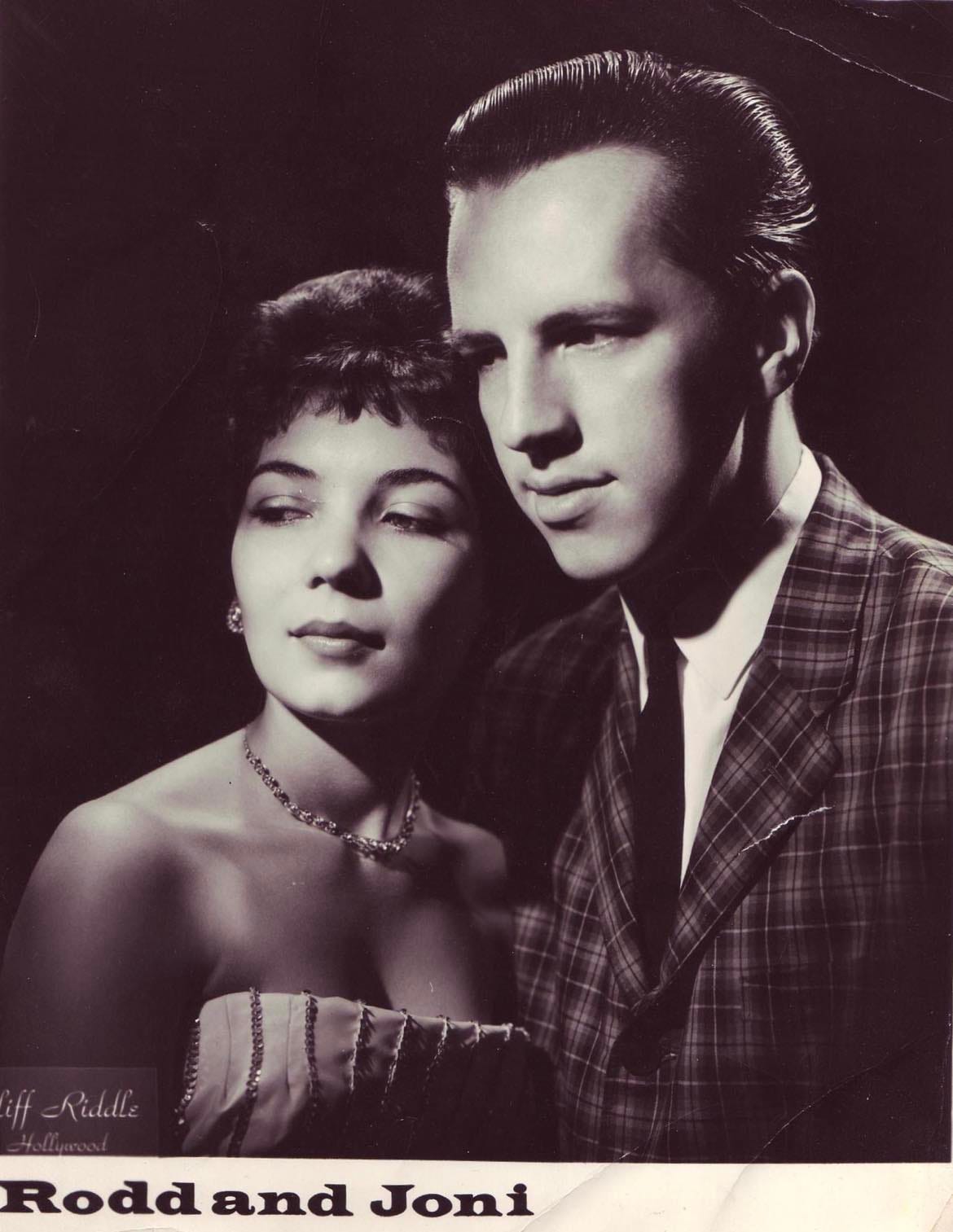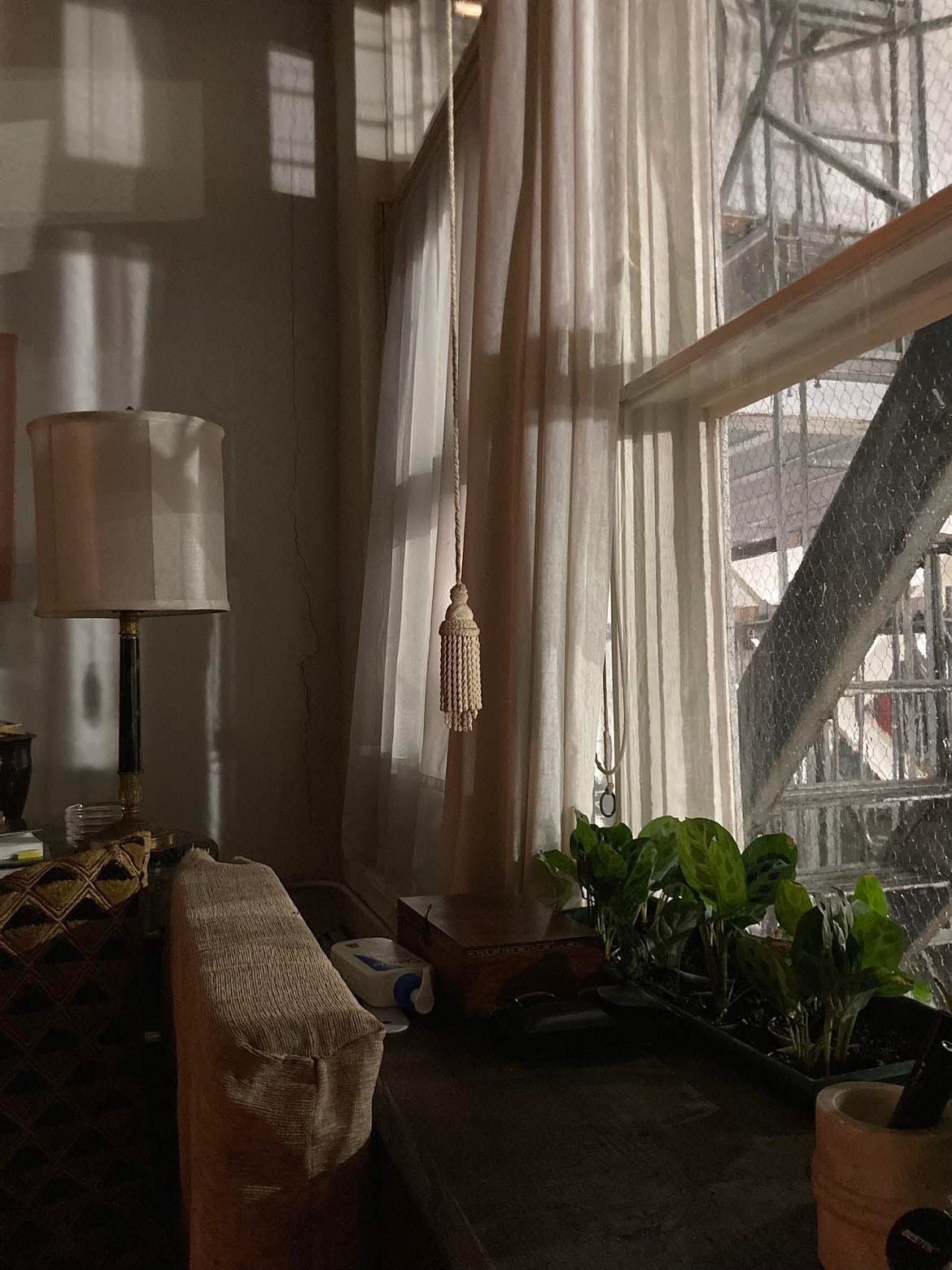I haven't been writing lately, and for those of you who know how full-steam-ahead I usually am here at Cappuccino, this may have left you wondering if I'd died in a tragic gardening mishap or been torn to bits by rabid armadillos or gunned down in this boot-stomping, truck-driving, brisket-eating, right to-carry Lone Star state I've been mired in for the past two months. I didn't mean to alarm you.
It's true that I've been tumbling down Hell's own abyss. Giving round-the-clock in-home hospice care to my mother took a lot out of me. So did her death a few weeks ago. Until recently, my boyfriend John has been sleeping on couches and other people’s floors in New York City. Landing an apartment there is one of the most horrific and mind-bending ordeals we’ve ever been through, but that’s a subject I will tackle in a future Cappuccino. So, too, my mother’s protracted death, which might have been a thousand times less painful and psychologically tortured if we had the legal means to end our own lives. I’m not ready to discuss it, yet, but I will. Unfortunately, there’s no way to talk about death that doesn’t sound … well, morbid.
Taken individually, these are excellent excuses for not writing. And, like I said, attending my mom during her last days was so physically and emotionally devastating, I didn't have the wherewithal to write a Facebook post, let alone publish a newsletter. And yet, only today did I arrive at the real reason for my cognitive roadblock.
I am not only mourning my mother, I am mourning Italy.
Those who know me in real life will tell you I’ve usually got a lot of sang froid. When there’s a crisis, I tend to go quiet, not hysterical. In “Rock, Paper, Scissors,” I’m the rock, even by default. This is true of most deep-feeling internalizers, since we are adept at appearing calm even when we are emotionally hemorrhaging. Sometimes we are so even keel, other people have no idea how much we are suffering. We often don’t recognize it ourselves.
And that’s what’s been happening with me and Italy.
I don’t torture myself by searching for photos, videos, and news items about Italy, but with our fun new Orwellian Thinkpol social media algorithms, these items are fed to me automatically, and the hunger with which I consume them tells me a lot about my state of mind. Last week, news footage from Rome brought tears of longing to my eyes. Greedily, I pored over every frame, looking for—and finding—familiar landmarks. My mind was flooded with memories of every visit to Rome. Piazza del Popolo? I remember every square meter of that neighborhood, as well as the constellation of emotions I experienced when I was there: irritation with the aggressive tactics employed by Pakistani rose sellers, the appalling number of tourists, the laughably inflated menu prices. But always there was a sense of awe and gratitude that I was a witness to this much history.
I've spoken before about my writing process. In our former apartment in Amelia (an Umbrian village seven-hundred years older than Rome), I would plant my butt in an old mustard-colored arm chair, prop my laptop on my knees, roll up my sleeves, and get to it. It was easy because I lived in tranquility and inspiration. There were 18th-century frescoes on the ceiling, John's museum-framed ancestral portraits, his statement lamps from the 1920s, and my curmudgeonly cat, Olive, who lay purring on my feet. Often, I would work through the night, my concentration broken only by church bells that came chiming through the soft blue dawn.
I loved my life. Not the grinding and relentless poverty that characterized much of it, but the part where I drew renewal from drowsy sunlit courtyards, hidden fountains, and the noisy courtship of pigeons on red-tile roofs. Being a straniera, an outsider, never bothered me. In a very real way, it drove me deeper inside myself, where all the words live. In Italy, I could splash and play with those words like Anita Ekberg cavorting in the Trevi Fountain during her iconic scene in La Dolce Vita.
Now, there's an empty space.
Italy was in my bloodstream. It still is. I know it as intimately as a lover. Houston I know just as well, but the feelings this city invokes are a bit different. I actually forgive Houston its ugliness. It has to be ugly. With no zoning, no restrictions, no oversight, no aesthetic sensibilities (to say nothing of the rapacity of its property developers), Houston never really stood a chance. This is a world of commerce and convenience. Beauty isn't even an afterthought.
After all, in a country whose primary economic driver is consumer spending, Houston is surely its mecca, summoning the faithful with storewide half-off sales, cheap electronics, and vape stores. There's nothing to do here. The city elders try to jazz things up with big-name acts at the Toyota Center, but not everyone can afford $600 tickets to see Taylor Swift. In fact, some of us wouldn’t go if you offered us tickets.

Writing Cappuccino reminds me powerfully, painfully, of what I've had to say goodbye to. I have to gird my loins just to open the Substack dashboard. John jokingly suggested I change the name of the newsletter to "coffee with milk" to reflect a new American spirit, which naturally led me to suggest I would be better off calling it "the bitter dregs."
But I'm not changing the name of this newsletter. Instead, I need to change me. I need to find a cave far from the people I have to be strong for right now and howl over the loss of my amputated limbs.
That's what grief is: an amputation. Something existed that exists no longer, and now, we must make do without it.
Equally true is the fact that John and I and several other people I am closely acquainted with (you know who you are) were rotting in Italy. It’s a spent civilization. In fact, that’s what we Americans love about it, whether we are able to articulate it or not.
Italy can be a beautiful place to live, but it’s not a place to make a living. Under most circumstances, you are not allowed to work, even if work was available, which it isn’t. Most educated young Italians are leaving in droves. Even that enormous twat, Elon Musk, predicted that “Italy is disappearing.”
Once, I might have been tempted to give doomsayers the most fatalistic of Italian shrugs, but I find myself worrying more and more these days. Tourism and coffee bars are not a sustainable economic model. Returning to the U.S. after most of a decade away has shown me how backward Italy is, almost third-world, unable or unwilling to change. There are so many tech advancements here, from payment methods to navigating oversized grocery stores, I find myself struggling to learn them all. To imagine such things being made available in Italy is almost funny, and it makes me realize that we love Italy because Italy never changes, and yet, her sclerotic inability to change is going to ultimately be her downfall.
Italy has a soul. The United States doesn’t. The U.S. hasn’t suffered to the same degree. Except for the Revolutionary War, this country has never been invaded. Italy, on the other hand, has suffered at least one invasion, on average, every hundred years.

This is why the U.S. thinks it can do anything—and frankly, it can. It’s so gung-ho, manifest destiny, and bootstrappy, it utterly lacks the capacity for self-reflection. More than ever before, I see the economically disenfranchised trampled underfoot. The homeless are everywhere, in every neighborhood, New York City especially. John sends me daily reports. At a 7-11 on 8th Avenue, the outside lights are so bright, midnight looks like noon. Why? The homeless hate them and are less likely to congregate there. They also hate opera music, so the 7-11, like several others of its kind, sets every loud Wagnerian aria on blast.
To be fair, the homeless sprawl in front of doorways, often in their own filth. I can’t imagine trying to do business under such conditions. No one wins, and there are no easy or comfortable answers.

Here in Houston where money is king and it’s go-go-go all the time, the homeless are not allowed to congregate in front of businesses. The police herd them back to the shelters or simply away. Consequently, one ninety-year-old woman took a bath in a public fountain last week. Another created a ruckus on the light-rail by going “full Daffy Duck” (wearing a top and no bottoms), with only a bedroll to cover her. This is where we’re at now with a problem we can’t or won’t solve.
So, yeah, it’s a lot to take in. The real test (returning to New York City) will likely gobble up what’s left of my psychological resources. But there’s enough culture there to satisfy even my boundless appetite. Houston is a sticky, sticky web of comfort and convenience, but I’d rather look at street art and go to underground events and find impromptu jazz concerts than have instant access to a Petco.
Now, John and I are playing a waiting game. We’ve trained our sights on what may be the last affordable apartment in Manhattan. No pressure there. Wait till I give you the full run-down on the New York City real estate market. You’ll have to vacuum the floor because your jaw will drop on it.
So, stay tuned. I’m literally back from the dead.
Copyright © 2023 Stacey Eskelin
Got some thoughts? Share them! The comments section is below.








Commiserations, your words echo in all of us who have lost our mothers. Mine departed when I was twenty-five and over the years I've become a lot like her.
Surprisingly many of these similarities I can be very proud of.
All our mothers' loves are their ongoing gift to us, helping us to find our ways through all the empty places we must walk in this life.
As for places in this world, find the one where your heart feels most at home.
I've never been to the States and even though there surely are outstandingly beautiful and marvelous sights and situations there... I've not the slightest inclination to ever go there.
A place where people still run around with deadly weapons is so 'dark ages' to me than any other place could possibly be.
Hope your heart will find peace again and continue its mending. Lots of love,
Joe.
First, let me just say this about that...
WELCOME BACK!!
And I am very, very sorry for your losses.
There is, though, one item from the column whose real meaning I may not have grasped, because by my naive reading, I disagree:
> There are so many tech advancements here, from payment methods to navigating
> oversized grocery stores, I find myself struggling to learn them all. To imagine such
> things being made available in Italy is almost funny
The last few times I was in Italy (practically in your old backyard: Spello and Foligno), I didn't need paper currency at all. Perhaps it was due to COVID, but whatever the reason: I paid for everything by using ApplePay on my watch. No fuss; no muss. With the magic word "Contactless", it was click, tap, and done.
(Side note: Apple Maps previously listed "Tito Giusti" as "Giusti Tito", but they fixed it when I sent the link to the company's web site that shows the building with the company's proper name.)
But again, welcome back! (I was in the tragic gardening mishap camp; I'm thrilled to have been mistaken.)